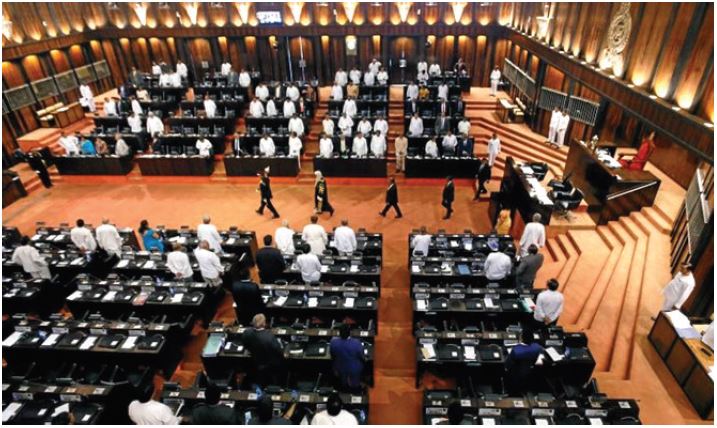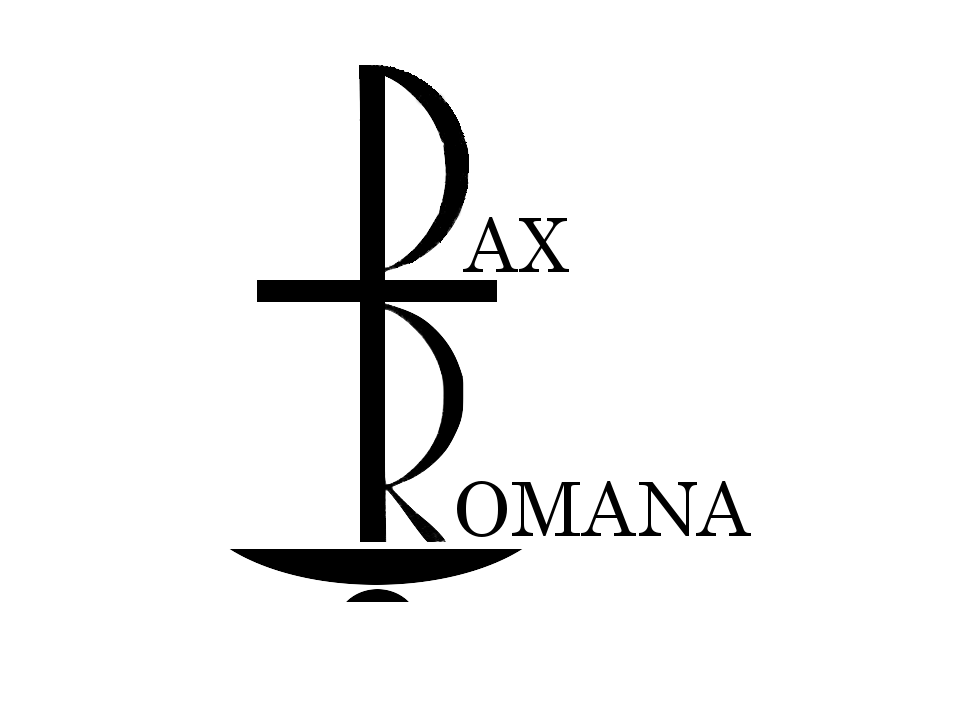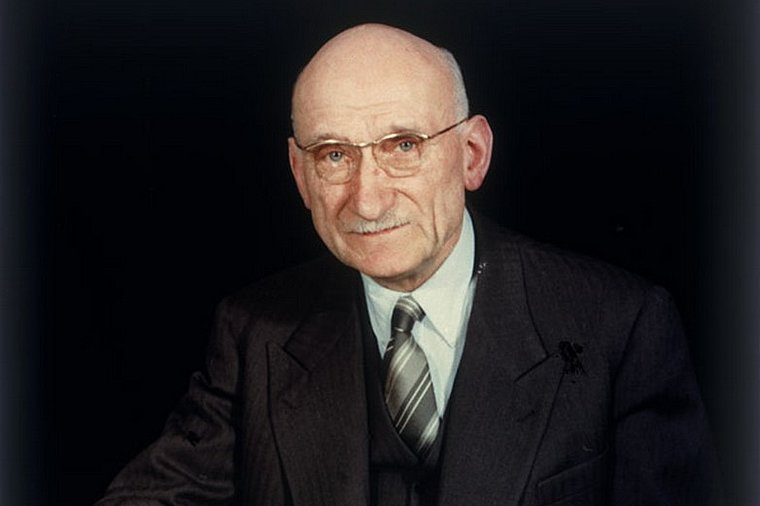Democracy and Spirituality is a French association created in 1993 that brings together people of diverse sensibilities, not necessarily believers, but engaged in different fields of social life, to reflect, in common, on the relations between democracy and spirituality in today’s France.
The Charter that unites its members is based on the conviction that, on the one hand, democracies need an ethical and spiritual dimension to carry out their promise of equal dignity for each, and that, on the other hand, spiritualities and religions have a need for democratic regulation to pacify their potentially violent dark side. How, then, can the relations between “democracy” and “spirituality” be fruitful?
In recent years the association has been successively interested in the ethics of discussion, non-violence, the Charter of Fundamental Rights of the European Union (it has proposed to establish a right for everyone to access “The symbolic heritage of humanity”), the relationship between religion and society in Europe, the questions raised by the emergence of a multicultural society in our country and, finally, the issue of diversity in Europe with the need to build a common horizon
Democracy and spirituality is firmly attached to the principle of secularism, the guarantor of the absolute freedom of conscience of each and of the separation of the churches and the State, but considers legitimate to question today its modes of application taking into account profound changes that our society is currently experiencing.
Striving itself to implement a method of reflection and dialogue based on the principle of the ethics of the discussion the association approves the process of creating an independent commission which was selected by the President of the Republic to lead this debate. It considers that on such difficult subjects where the reconciliation of different rights and duties is not obvious and where there are no simple solutions available from the outset, it is essential to open spaces for discussion and dialogue, where, before any hasty decision, everyone can be heard with the necessary time, where the reasons for disagreements can be deepened, and where common goals can be found, out of misunderstandings or motives of intent. In this spirit, she reflects on the creation of an observatory on the ethics of discussion. In any case, it is essential, on such a sensitive issue, to make the spirit of the ethic of responsibility prevail over the passion for the ethics of conviction which too often characterizes, in our country, the debates on secularism.




Leave A Comment
You must be logged in to post a comment.